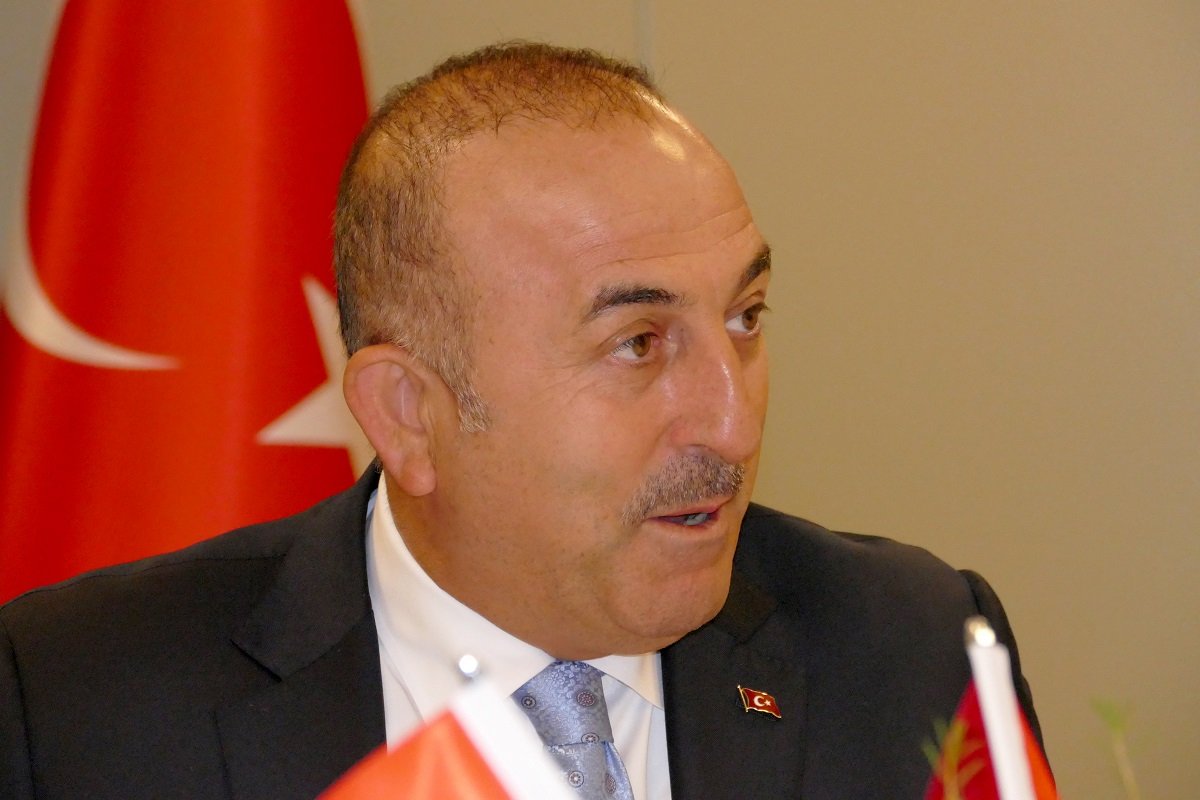Turkish government expects the outlawed Kurdistan Workers’ Party (PKK) to lay down weapons, a primary condition for any revival of the previously failed peace talks, Turkish Foreign Minister Mevlüt Çavuşoğlu said on Tuesday. “We took enormous risks to start the peace process,” Çavuşoğlu told the German DPA news agency about the 2013-2015 ceasefire and negotiations between Turkish government and the PKK.
Çavuşoğlu’s statement, albeit conditional, is a first regarding the possibility of peace since the mid-2015 dramatic collapse of the talks. Turkey’s autocratic President Recep Tayyip Erdoğan’s regime has since taken a more hardline, nationalistic approach in countering the PKK militants and the larger Kurdish “question.”
According to a report by Kurdistan24, Çavuşoğlu has also pointed out that Erdoğan’s ruling Justice and Development Party (AKP) had a difficult time managing the Turkish public’s reaction to the then talks. “Even our supporters criticized us,” he said, going on to accuse the PKK of exploiting the situation and turning population centers into a theater of war.
Çavuşoğlu has also claimed that the Kurds, who since the foundation of the Republic over 90 years ago demand constitutional recognition of linguistic, cultural, and administrative rights, were “first-class citizens enjoying full rights” in Turkey.
Erdoğan regime and the PKK committed to the peace process until Erdoğan refused to honor a roadmap for peace known as the “Dolmabahçe Deal.” The agreement was drafted by the AKP and the pro-Kurdish Peoples’ Democratic Party (HDP), which now facing Erdoğan’s ire with its Co-leader Selahattin Demirtaş, eight other lawmakers, and over 80 mayors in prison over alleged ties with the PKK. Whereas, Demirtaş, along with the PKK’s imprisoned founder Abdullah Öcalan, was instrumental during the process.
The past two-and-a-half-years’ violence brought immense human suffering and infrastructural destruction in several Kurdish provinces, among them Mardin, Diyarbakır, Şırnak, and Hakkari where over 2,000 PKK militants, members of Turkish security forces, and civilians were killed.
A March 2017 United Nations report documented forced disappearances, extrajudicial killings, and torture during, in some cases months-long, round-the-clock curfews in the towns of Nusaybin, Cizre, Sur, Yüksekova, Dargeçit, Şırnak, Silopi, İdil, Lice, and Silvan. The report also said half-a-million people were displaced due to the fighting.















